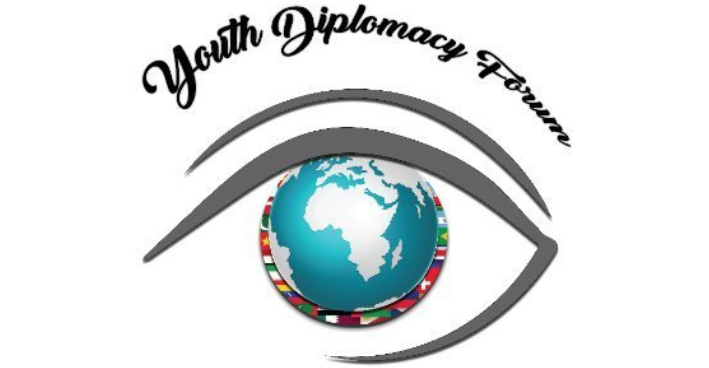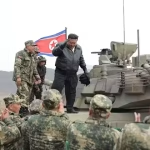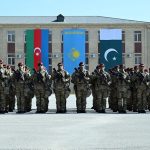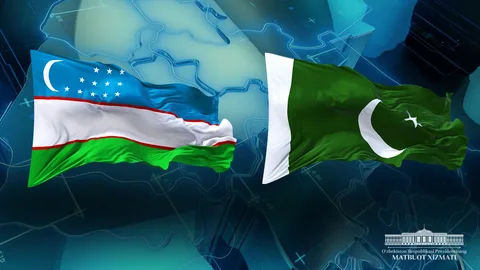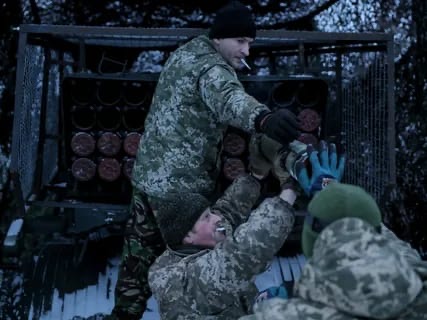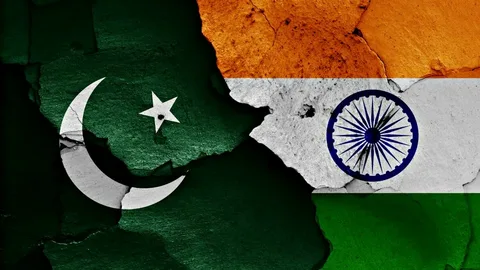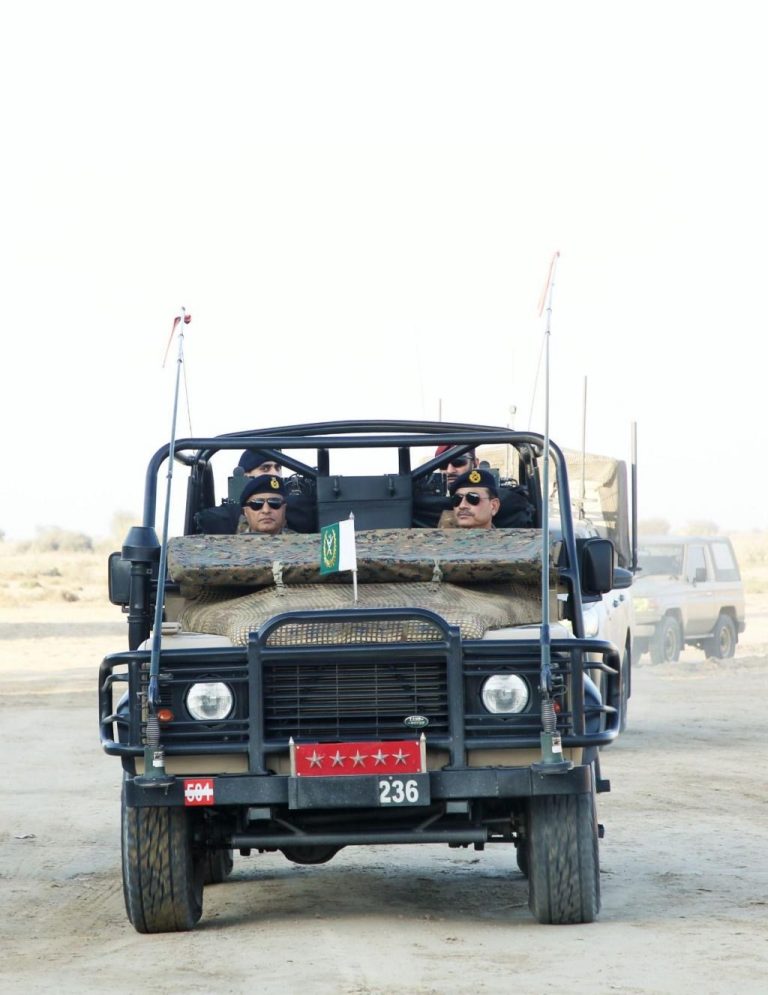What the Russia-Ukraine War Means for Young People in Europe and Beyond?
Beyond only immediate physical safety concerns, the Russia-Ukraine war has a significant and complex impact on young people in Europe and beyond. These effects include those related to mental health, education, economic stability, and social and political engagement.
In addition to upsetting lives and causing worries about the future, the war has inspired young people to be resilient and involved in activism.
Impact of Russia Ukraine War on Youth:
Mental Health: Young people have experienced severe mental health issues as a result of the war, including elevated levels of anxiety, sadness, and trauma, especially for those who have been directly impacted by loss, violence, and displacement.
Education: Many Ukrainian children and teens have experienced disruptions in their education due to overcrowded schools, dislocation, and restricted access to resources. These disruptions may result in learning gaps and limit their future chances.
Economic Stability: The conflict has caused economic instability throughout Europe, which has affected employment markets and raised concerns among young people regarding their financial security and professional prospects.

Social and Political Engagement: Young people’s political consciousness and activism have grown as a result of the war, and some have joined advocacy, resistance, and humanitarian initiatives.
Migration and Displacement: Millions of Ukrainians have been forced to leave their homes, many of them young people who struggle to adjust to new surroundings, find work and education, and deal with cultural differences.
Top concerns for youth in Ukraine:
According to the survey, young women are more concerned about their physical and mental health (54%), compared to 46% of males. These concerns have nearly doubled. However, since over 40% of young people are still unable to satisfy their basic needs in 2022 (compared to 23% in 2021), the drop in anxiety related to financial stability does not indicate any progress but rather a lack of prioritization.
Although their scores significantly climbed in 2022, the top values stayed the same, maybe as a result of a reevaluation of life values in light of a full-scale invasion. Surprisingly, young men and women outside of Ukraine ranked their country’s benefit as their fourth priority (57%), and personal freedom as their third priority (60%).

Additionally, they gave less weight to tangible values like profession and wealth; in 2022, nearly 40% of young people could not meet their fundamental necessities, up from 23% in 2021, which may have been a reflection of their increased instability in those areas.
Remarkably, young people between the ages of 14 and 19 value their careers more (64%) than do those between the ages of 30 and 35 (44%). Similar to comments in 2021, poll respondents viewed IT, business, and entrepreneurship as the most promising fields for employment prospects. But now that military service is ranked third in terms of perceived achievement, there has been a shift.
Youth for Peace: How the Next Generation Envisions the End of War:
91% of youth say that maintaining Ukraine’s territorial integrity including the nongovernment-controlled areas that were annexed after 2014—is essential to bringing about peace.
Just 2% of respondents believe that peace can be established on the most often stated terms, which are that Ukraine give up the territory it currently does not control.
Conditions of youth for ending war in Ukraine:
- Russian soldiers leaving Ukraine and assuming authority over the country’s entire territory inside its 1991 borders
- Compensation for losses sustained during the conflict
- Penalties for Russians who commit war crimes
The option of caving in to Russian demands to stop the war was overwhelmingly rejected by the study participants.
They stated during the focus group talks that they thought that accepting the terms laid out by the aggressor state, like Ukraine’s neutral status, a change in political leadership, or recognition of areas governed by the Russian Federation as belonging to Ukraine, would not be effective measures to bring about peace and shouldn’t be at the price of it.
Since World War II, no European conflict has been as wide and damaging as the confrontation between Russia and Ukraine. The war’s impact extends well beyond Russia and Ukraine: it has changed alliances and partnerships, spawned new military technologies and operational concepts, and forced major nations to reconsider their resource allocation and investment strategies.

Ukrainian youth believe that resistance, justice, and long-term peacebuilding are more important ways to end the conflict than merely winning the war militarily or diplomatically.
Many advocate for post-war reconstruction, international assistance, and war criminal accountability in addition to supporting the defense of their nation’s sovereignty.
They stress that accepting Russian aggression or compromising territory must not be the price of peace. Rather, they want a just peace that guarantees Ukraine’s independence, repatriates displaced people, and holds atrocity perpetrators accountable.
